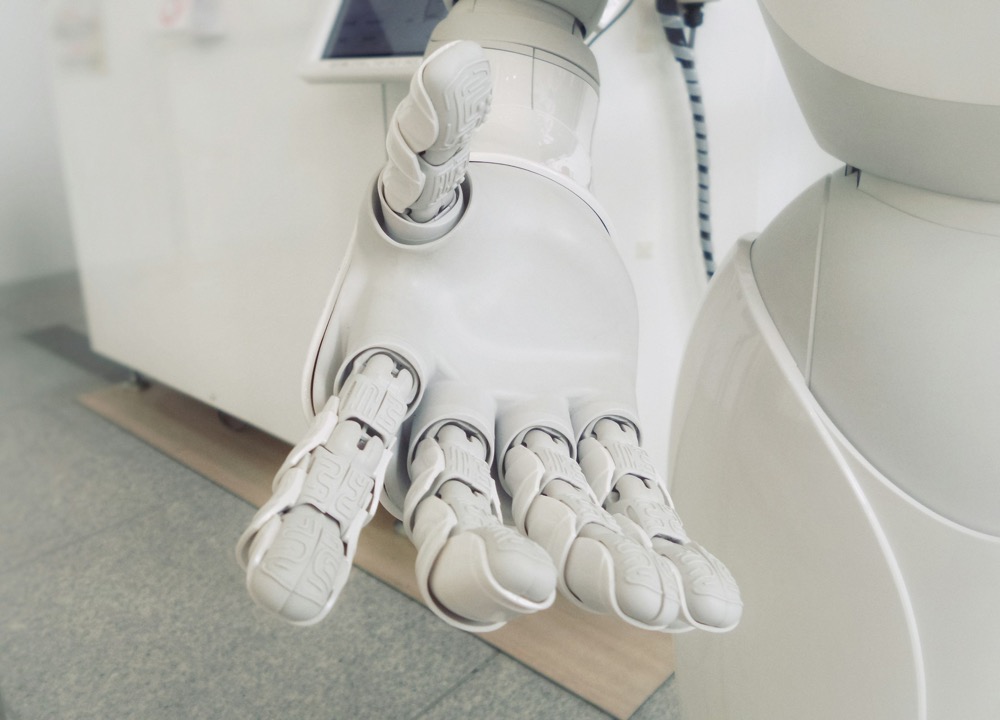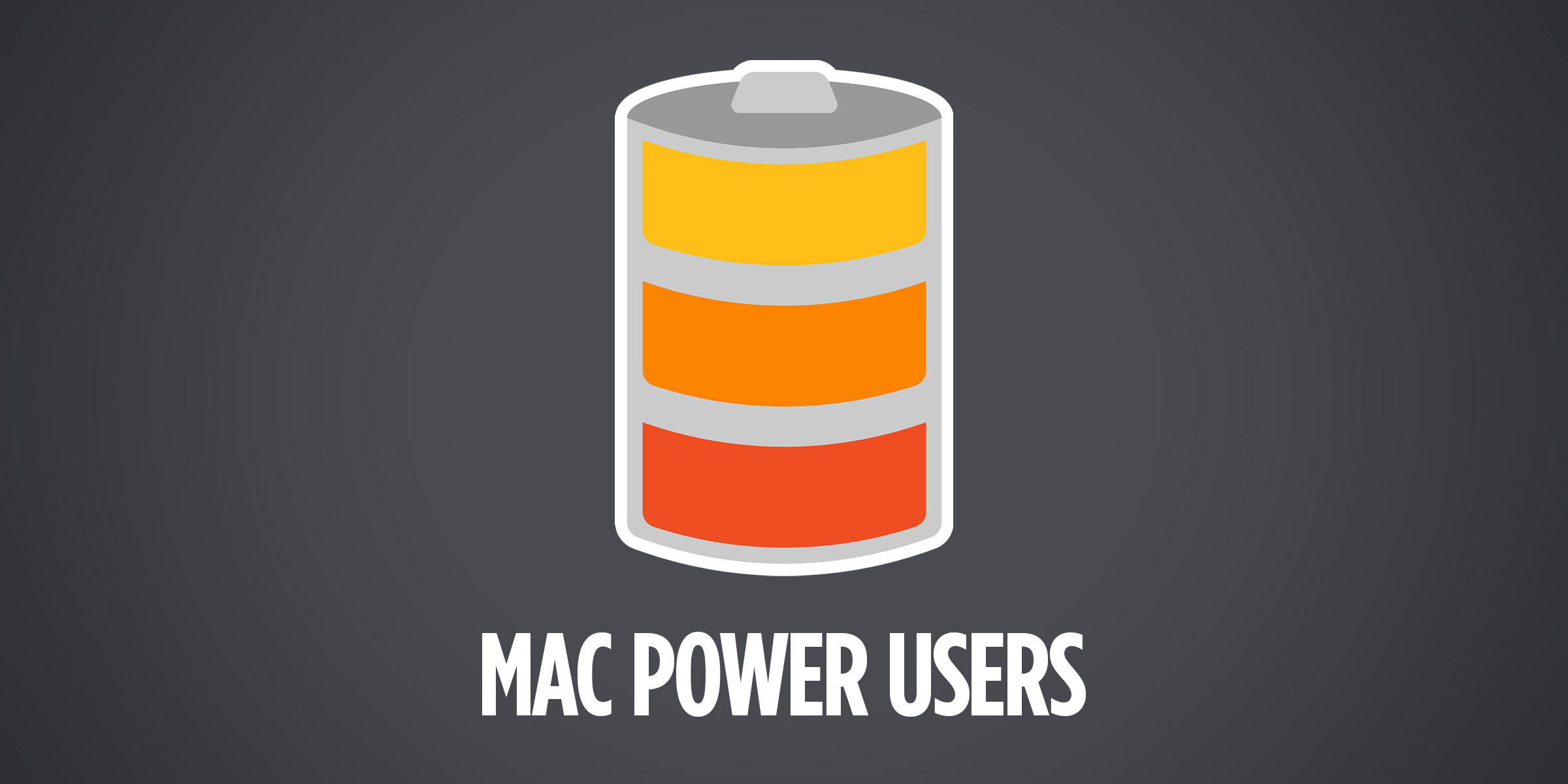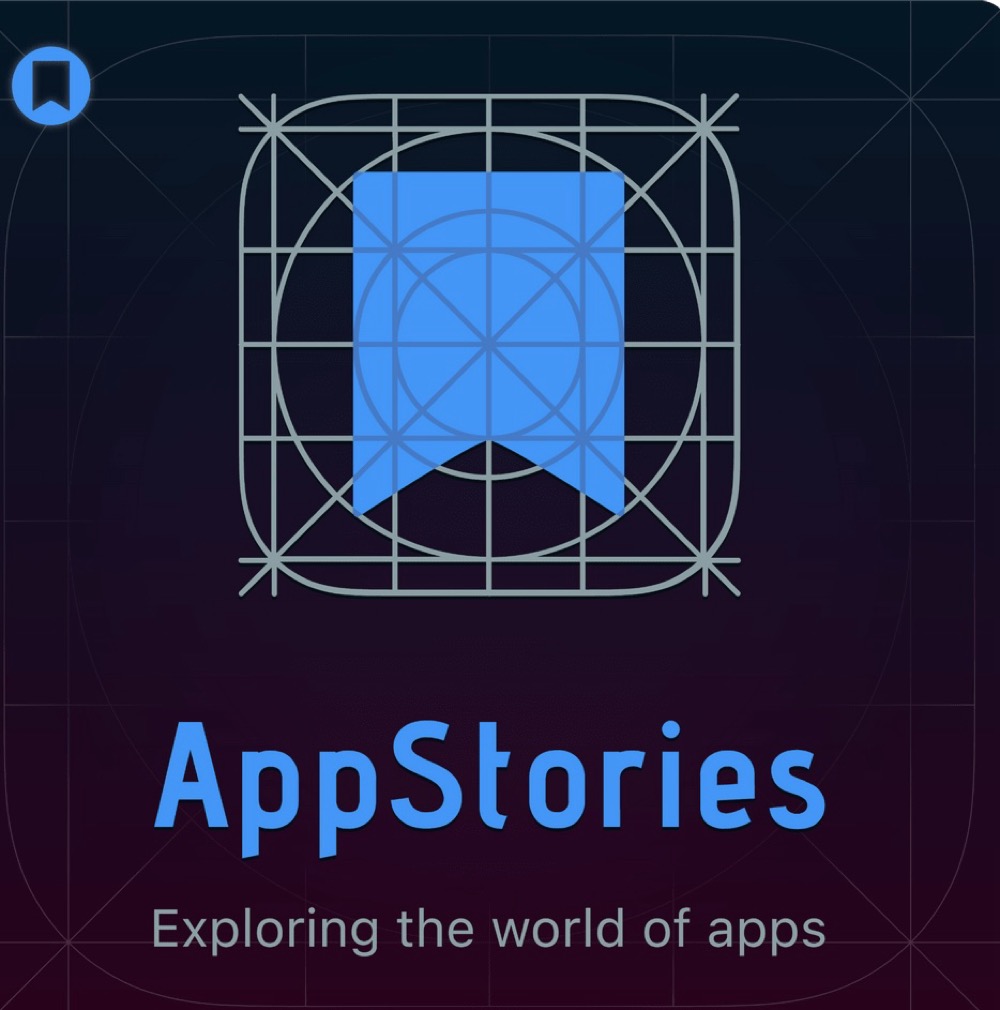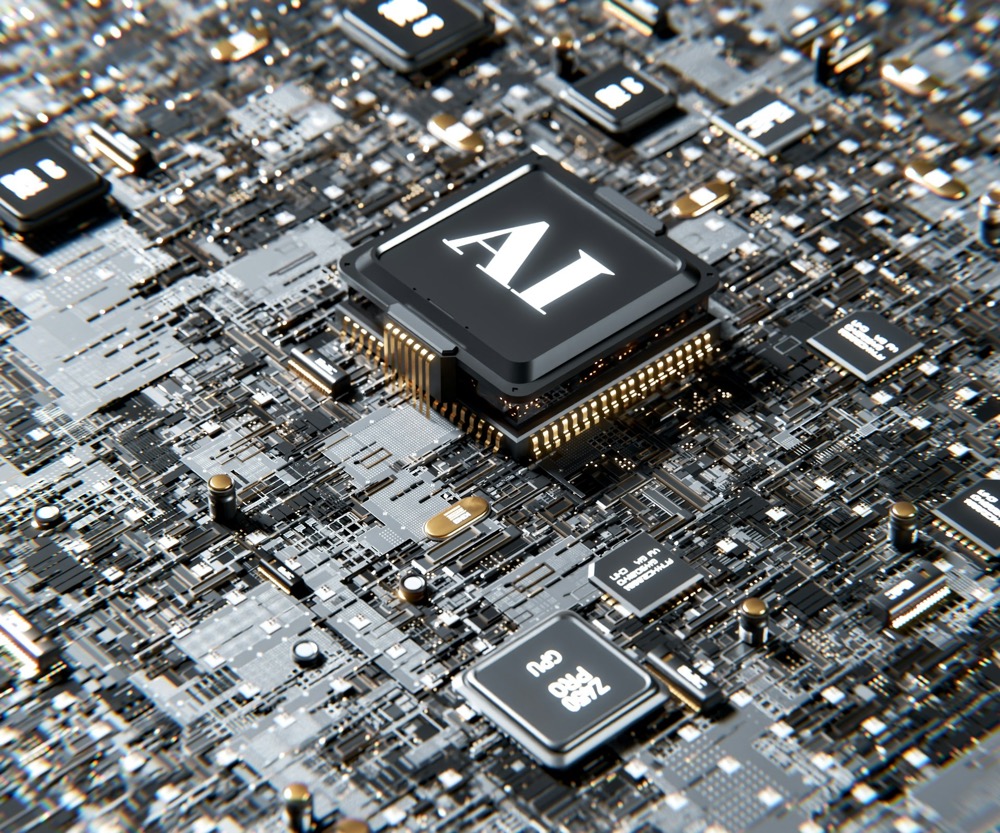First, let’s consider the definition of AI. ChatGPT provides this definition:
Artificial Intelligence (AI) refers to the simulation of human intelligence in machines that are programmed to think like humans and mimic their actions. This may include learning, reasoning, problem-solving, perception, language understanding, and other cognitive capabilities.
Right away, we may find ourselves uncomfortable with a few words in this definition. Words like simulate or mimic immediately feel inauthentic. Humanity is an essential theological tenet in which we, as Christians, believe that we are made in the image of God. Anything that mimics or simulates seems to fall short of the image of God presence we bring to ministry. So how can we sort out the ethical, moral, and practical perspectives of using AI in ministry? And how might we find responsible uses of AI in ministry?
Secondly, let’s consider the ways AI is used in ministry settings. At least one church has developed a chatbot that answers theological questions and provides guidance for parishioners seeking direction. I must admit, this sort of AI is difficult to reconcile. Some pastors use AI to generate sermons, which again raises red flags of plagiarism. We may be quick to dismiss AI as incompatible with ministry as we explore such uses. The crucial nature of the human touch in ministry must be considered, and a lack of authenticity and sincerity may cause us to shy away from its use.
But could there be responsible uses of AI in ministry that help ministry leaders be more efficient with administrative tasks, having the opportunity to carve out more time for relationship building? Or could AI provide advantages that help pastors spend more time in spiritual and physical renewal? How can we learn to use AI to more effectively communicate and organize? These questions must be asked.
This post serves as an introduction to the complexity of this topic. Next week, we will continue the discussion of AI in ministry. As pastors, we must carefully consider the ethical and moral implications of new technologies. At the same time, the exploration of possibilities might prove to free us for greater work.






